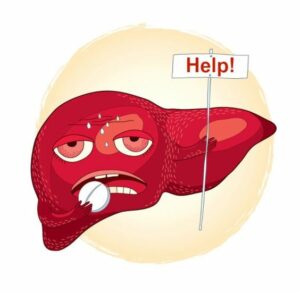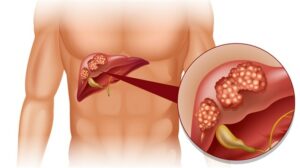Mental health is an important factor for every human being, which is why there are professionals who are dedicated to providing psychological support. Also, when a person suffers from liver disease, this professional monitoring and support becomes more important.
So, is the role of the psychologist important for patients with an indication for transplantation? The answer is yes, because support and company is needed throughout the process -before and after surgery-, since it is a significant help on the way to improve the patient’s quality of life.
There are mechanisms at the time of carrying out this counseling, both with the patient and with their relatives. Therefore, it is essential to consider the following:
Doubts and expectations
The first challenge of the psychologist is to face, together with the patients and their families, the infinity of doubts, concerns and anguish, which at that moment overwhelm them.
It is recommended to maintain a psychoeducational approach, that is, that the medical team and the psychologist explain in detail everything related to the disease and the next steps that will lead to liver transplantation.
At this point, it is extremely important to clarify all expectations around the disease and surgery, among the patient, family members and the medical team. That all parties are equally informed will lower anxiety levels and allow effective alignment towards the goal.
Economic situation
One of the main sources of anguish for patients is everything related to the economic issue. How they will cover the expenses involved in the process before, during and after the transplant, including the medications that the patient must take for life.
For this reason, it is important that the psychologist can accompany you throughout this process, which includes seeking the necessary funds and going to other instances or institutions that can help pay for expenses.
This accompaniment is very beneficial for the treatment, because of how therapeutic it is to keep the patient and their families in emotional control.
Family support
Each person or family member constitutes a protective factor for the patient, a fundamental factor whose support will allow them to feel safe and at the same time, as a nucleus, they can strengthen their emotional ties.
This will help the patient to cope with the disease and the entire transplant process in the best possible way.

The environment
The patient is part of a community, whose support is also favorable as a protective factor.
That is why the psychologist must try to establish relationships with institutions or organizations and neighbors, who can accompany and help the patient, together with his family, during the pre and post transplant process. For example, by providing logistical support for transportation, medicine search, etc.
Moreover, a more favorable environment can be generated, especially for those patients who do not live in the main cities or near the medical care centers, where they will be treated.

Accompaniment
The role of the psychologist is to establish a bond of trust where autonomy and co-responsibility are encouraged, that is, the patient’s commitment to attend their consultations, take immunosuppressive medications and maintain a constant check-up with their treating medical team.
All this considering that the transplant program goes beyond surgery, since it encompasses life of the patient after the transplant. In this order of ideas, it should be noted that it is necessary to understand how patients live and experience liver disease. Therefore, the role played by the psychologist is essential to help them cope with their condition.
The role of this psychological support will strengthen the emotional state of the patient, an essential factor to face the process before, during and after the transplant, which leads to the improvement of their quality of life.














